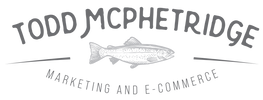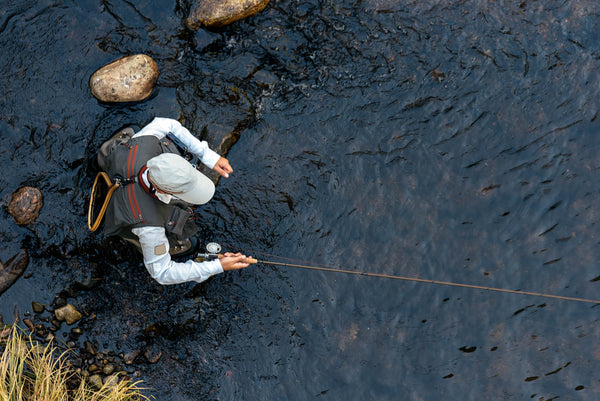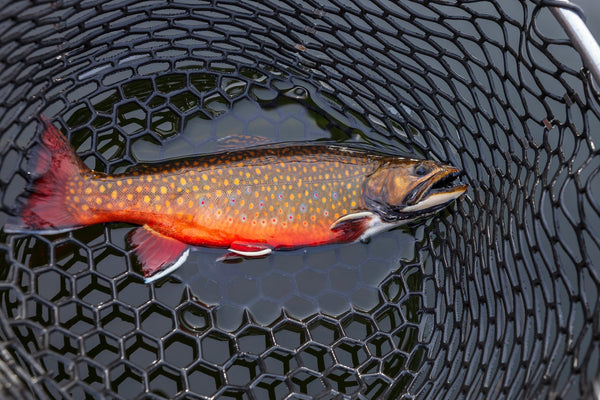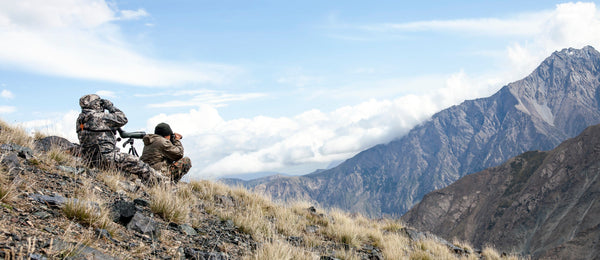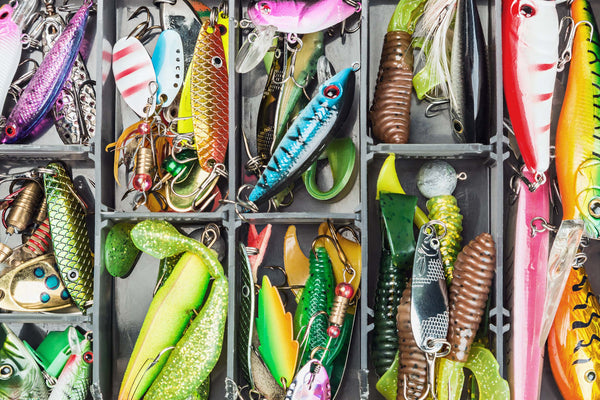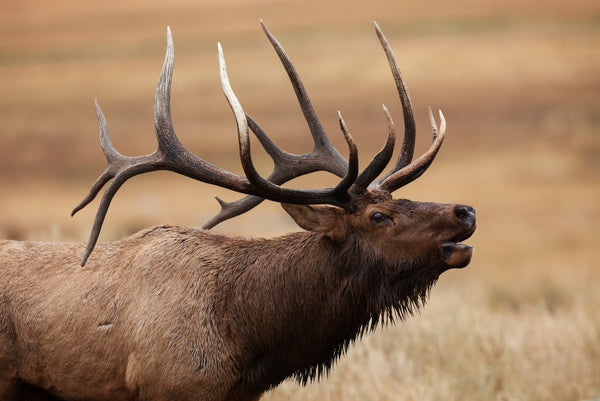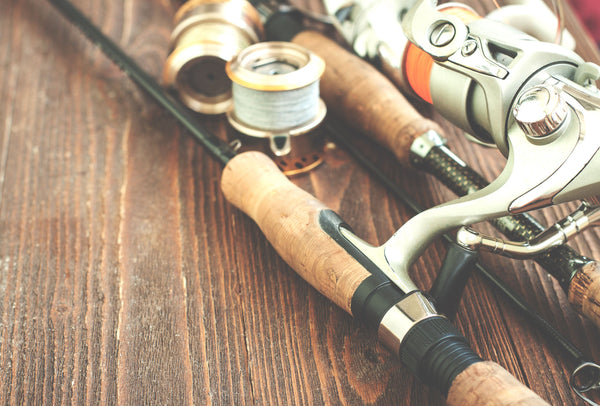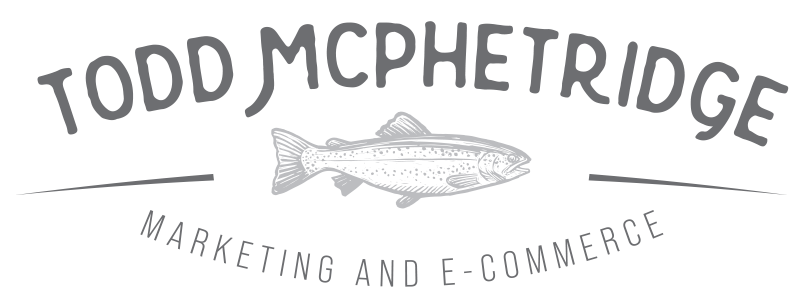Keyword Research for Hunting Businesses
Understanding What Your Customers Search for Online
Keyword research forms the foundation of every successful search strategy. For hunting brands and outfitters, knowing what potential customers type into search engines can determine how visible your website becomes. Targeting the right phrases allows you to reach qualified visitors, improve rankings, and generate consistent leads for your products or guided hunts.
This guide explains why keyword research is essential for hunting businesses and how to apply it effectively to strengthen your digital marketing performance.
Why Keyword Research Matters for Hunting Businesses
Effective keyword research helps your marketing efforts align with real search behavior. Hunters, outfitters, and outdoor enthusiasts all use specific language when looking for products or experiences. Identifying those terms allows you to connect directly with intent-driven searches.
- Understand Your Audience: Discover what your customers are searching for and adjust your messaging accordingly.
- Increase Visibility: Rank for relevant keywords that appear in hunting-related search results.
- Drive Qualified Traffic: Reach users who are ready to book trips or purchase gear.
- Enhance Ad Campaigns: Use high-performing keywords to refine your paid advertising strategy.
How to Conduct Keyword Research for Hunting Brands
Define Clear Goals
Begin with a clear objective. Your approach will differ depending on whether you want to increase sales for hunting equipment, promote guided trips, or boost brand recognition. Establish measurable goals that define what success looks like for your business.
Identify Seed Keywords
Seed keywords are general terms describing your products or services. They serve as the foundation for deeper research. For hunting companies, common examples include:
- hunting gear
- guided hunting trips
- deer hunting equipment
- hunting lodges near me
These core ideas can be expanded into more specific, long-tail phrases that reflect your unique offerings.
Use Keyword Research Tools
Professional tools can help you find related keywords, search volumes, and competition levels. Popular platforms include:
- Google Keyword Planner: Provides data on search volume and cost-per-click (CPC).
- SEMrush: Analyzes competitor rankings and keyword gaps.
- Ahrefs: Offers detailed insights into keyword performance and backlinks.
- AnswerThePublic: Shows real-world questions and phrases related to your topic.
Understand Search Intent
Not every search represents the same need. Understanding intent helps match your content to user expectations.
- Informational: Users looking for advice or tutorials (for example, “how to call in a turkey”).
- Navigational: Users seeking a specific business or brand (“[Your Lodge Name] hunting trips”).
- Transactional: Users ready to book or buy (“guided elk hunting packages”).
Focus on Long-Tail Keywords
Long-tail keywords consist of specific, lower-volume phrases that attract highly targeted traffic. These terms tend to convert better because they match precise user intent. Examples include:
- best bowhunting gear for beginners
- guided deer hunts in South Texas
- affordable duck hunting trips for small groups
Evaluate Keyword Metrics
When reviewing keywords, consider these measurable factors:
- Search Volume: Average number of searches per month.
- Keyword Difficulty (KD): How competitive the term is to rank for.
- Cost-Per-Click (CPC): Useful for setting PPC budgets.
- Relevance: How closely the keyword aligns with your actual products or services.
Applying Keywords to Your Hunting Business
Optimize Website Content
Incorporate your target keywords naturally across key sections of your website. Include them in:
- Page titles and meta descriptions
- Headings and subheadings
- Body text and image alt tags
- Internal links and URLs
Example: Instead of labeling a page “Our Products,” use a more descriptive title such as “Hunting Gear for All Seasons.”
Create Educational and Evergreen Content
Develop blog posts and videos that answer common hunting questions or highlight your expertise. Educational content helps establish authority and attract search traffic over time.
- Top 10 Hunting Accessories Every Beginner Should Own
- How to Choose the Right Rifle for Your Hunt
- Essential Tips for Planning a Successful Elk Hunt
Run Paid Campaigns with Targeted Keywords
Use your keyword research to guide your Google Ads or social media advertising. Focus on transactional keywords that signal buying intent. Example ad copy:
Headline: “Book a Guided Elk Hunt in Montana”
Description: “Experienced guides, premium equipment, and unforgettable experiences. Reserve your spot today.”
Optimize for Local SEO
Many hunting businesses rely on regional visibility. Include local search terms in your content and metadata, such as:
- guided hunts in Colorado
- hunting outfitters near Nashville
- hunting lodge in Oklahoma
Integrate Keywords into Social Media
Use your research to strengthen visibility across social platforms. Add keywords to captions, hashtags, and bios to help users discover your content more easily.
Example post: “Preparing for elk season? Explore our new line of cold-weather gear.”
Hashtags: #HuntingGear #DeerSeason #OutdoorIndustry
Common Keyword Research Mistakes to Avoid
- Ignoring Search Intent: Targeting the wrong intent can attract the wrong visitors.
- Overusing Keywords: Keyword stuffing lowers readability and ranking potential.
- Neglecting Long-Tail Keywords: Overlooking smaller-volume phrases can miss high-converting traffic.
- Relying Only on Tools: Combine analytics data with real knowledge of how hunters talk and search.
Monitoring Keyword Performance
Track progress regularly using reliable analytics tools:
- Google Search Console: Measure keyword rankings and click-through rates.
- Google Analytics: Review which pages attract organic visitors.
- SEMrush or Ahrefs: Identify ranking improvements and new opportunities.
Building a Strong Keyword Strategy
Keyword research is not a one-time task but an ongoing process. As search trends evolve, your content and campaigns should evolve with them. Consistent keyword refinement ensures your hunting business continues to attract relevant traffic, secure better rankings, and convert visitors into paying customers.
For professional guidance on SEO and keyword strategy, visit Marketing for the Outdoor Industry to explore consulting services designed to help your business grow sustainably.
